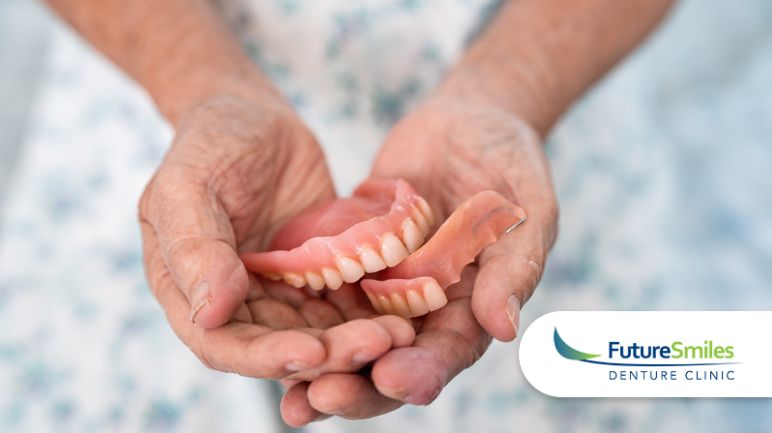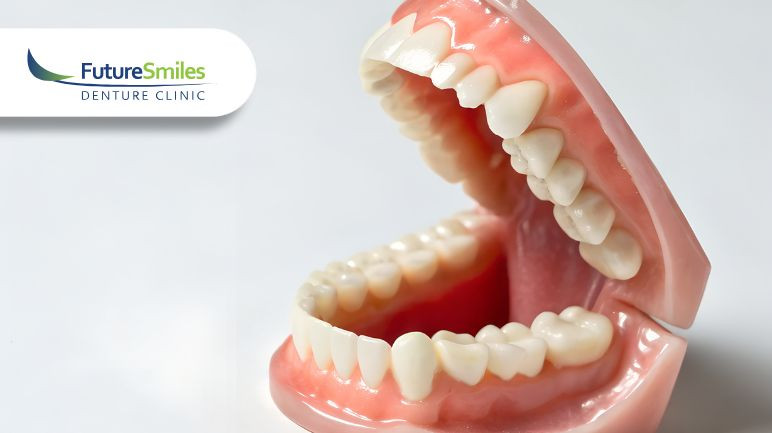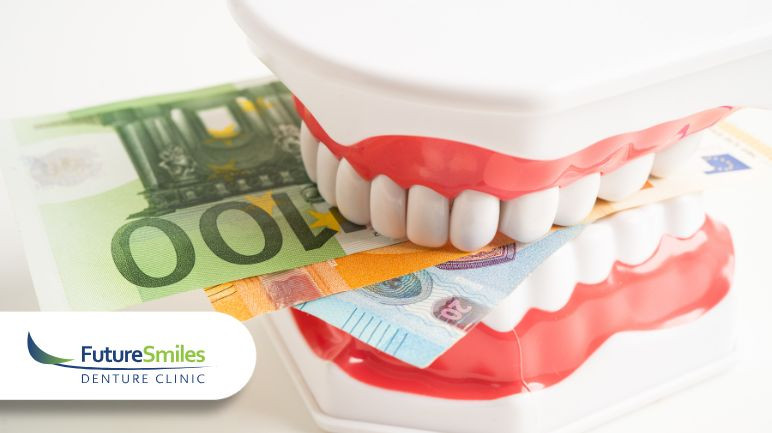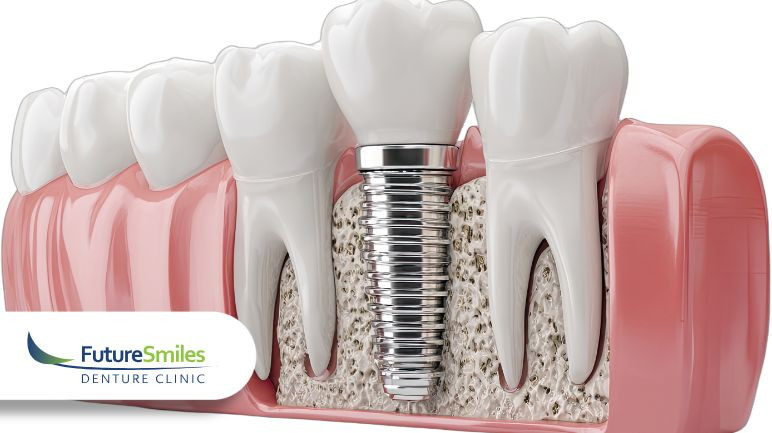At Future Smiles Denture Clinic, we believe that wearing dentures should be a comfortable and seamless experience. One of the most crucial aspects of ensuring this comfort is regular denture relines. Over time, the natural contours of the mouth change, which can lead to dentures that fit poorly. This is where the magic of a reline comes in – a simple yet effective process that can significantly enhance the comfort and fit of your dentures.
Regular denture relines are essential not just for comfort but for the overall health of your oral cavity. They ensure that dentures stay snug and secure, minimizing discomfort and potential health issues.
Improved Comfort and Fit
The primary benefit of regular denture relines is the improved comfort and fit they offer. As the jawbone and gums naturally change shape over time, especially in the absence of natural teeth, dentures can become loose. This looseness can lead to rubbing and irritation, causing discomfort and sores. A reline adjusts the denture to the current shape of your gums, ensuring a snug, comfortable fit. This not only feels better but also improves the function of the dentures, making eating and speaking easier and more natural.
Prevention of Oral Health Issues
Ill-fitting dentures don’t just cause discomfort; they can also lead to more serious oral health issues. Poorly fitted dentures can trap food particles, leading to an increased risk of gum disease and infections. They can also cause uneven pressure on the gums and jaw, leading to bone loss over time. Regular relines can help prevent these issues by ensuring that the dentures fit properly and distribute pressure evenly across the gums.
Maintaining Facial Structure and Aesthetics
Another significant benefit of well-fitting dentures is the maintenance of facial structure and aesthetics. When dentures don't fit properly, they can lead to a sunken appearance in the face, particularly around the mouth. This happens because ill-fitting dentures do not support the facial muscles effectively. Regular relines ensure that dentures continue to provide the necessary support, helping maintain the natural shape of your face and contributing to a more youthful appearance.
In conclusion, regular denture relines are a fundamental aspect of denture maintenance that should not be overlooked. They play a critical role in ensuring comfort, preventing oral health issues, and maintaining facial aesthetics. At Future Smiles Denture Clinic, we encourage our patients to see us for regular check-ups and relines. Remember, denture care is more than just cleaning – it’s about ensuring they fit perfectly today and into the future. Your comfort and oral health are our top priorities, and regular relines are an essential step in safeguarding both.
Written on behalf of Future Smiles Denture Clinic.
FAQs
Q: What is a denture reline?
A: A denture reline involves reshaping the underside of a denture to improve its fit against the gums. This is done by adding new material to the base of the denture.
Q: How often should dentures be relined?
A: It's generally recommended to have dentures relined every 1 to 2 years, but this can vary based on individual needs and changes in the mouth’s shape.
Q: Why do dentures need to be relined?
A: Over time, the gums and jawbone can change shape, often shrinking, which can cause dentures to fit poorly. Relining helps to adjust the denture to the current shape of the gums for a better fit.







